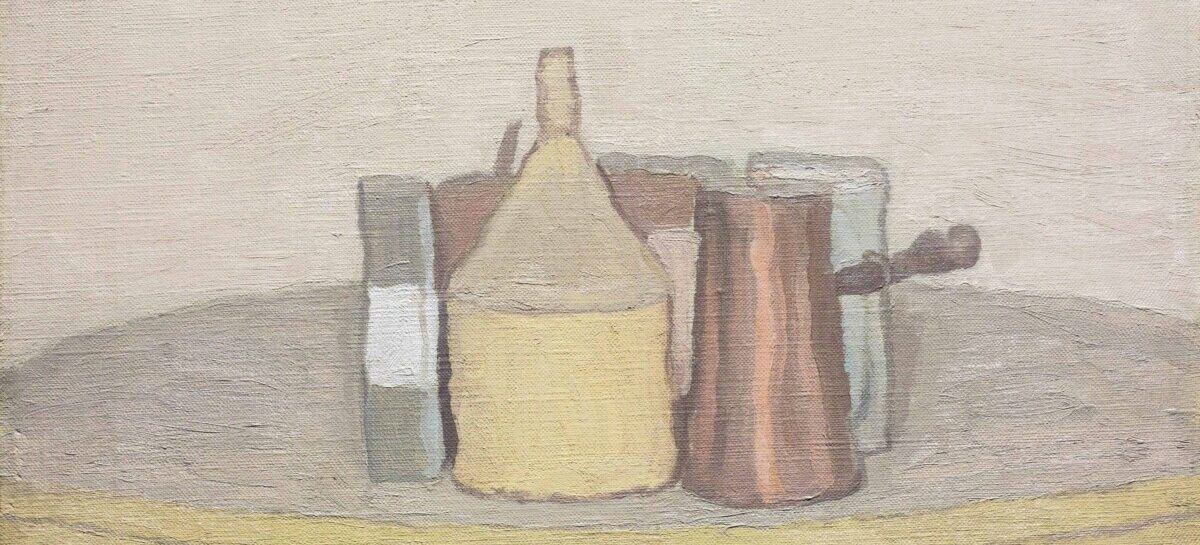In “How to read like a writer” by Mike Bunn, he talks about how we are already an author and what he means about that is our life choices that we make on our daily lives. We are the ones that can write about our life struggles and things we went through to get where we are now. No one can tell you how to write your story, you are the only one that can write about it. You are the one that writes the story and the way its should be readed. Some things i write about on my daily life is ways i can improve as a person if its through social or mentally. This can help me in my career by improving my social skills and getting better opportunities. Being able to understand things in a reading and writing form. Something i notice in Bunns article is you read what you want to know the context behind the text or story. It gives you a better understand about what the story is going to be about and things you didn’t understand at first. This is something i would like to do more, just getting more information about the story and how it can relate or impact someone’s life.
Homework 1.3
Category: Unit 1
Part 1
READ AND ANNOTATE : Olivarez, “Maybe I Could Save Myself by Writing” (or else, this PDF version)
READ AND ANNOTATE: “The Fourth of July” by Audre Lorde
WRITE: (250 Words) So far in this unit, we have read three examples from the genre of the “education narrative.” Your first essay assignment in this class will be to write in this genre yourself. So in this discussion forum, I’d like us to have a conversation about what the features of this genre are. Please discuss some of the following:
- What, from what you’ve seen so far, are the “ingredients” (also known as “conventions”) of the education narrative genre?
- What do you think might be a place to get started with your own education narrative?
- What are your questions or concerns about writing an education narrative of your own?
- If you like, you can also feel free to share an educational experience you had and ask for feedback from your colleagues (and me) to see if we think that might be a solid place to begin writing.
Part 2
- THINK: Think of one specific incident that changed your views on education. Picture the scene
- REVIEW : Please review the slideshow we watched in class about what paragraphs are. You can find it HERE
- WRITE: a blog post of at least two distinct paragraphs describing one specific incident that changed your views on education using Concrete, Significant detail. The incident you described in class will be a great place to start.
Category: Unit 1
HW 1.2
The author Mike Bunn, within the article he wrote “How to Read Like a Writer” when he says, “You are already an author” could mean many things but, I think it could mean that you’re writing a book everyday that book being yourself and where you go, what you do ever chapter that makes you, you. Another thought I pictured it could have meant was of it as a “you can do it” type of statement, like you have no reason to just say I am not sure when you talk everyday to customers, friends, bosses or family the list goes on. Something I write all the time is my life which is back to what I said, I have the ability to pick my own decisions everyday, what I think is right for myself or others. Within my life are many other things I write within like my superhero comics, my journals and even the few diaries I had that I eventually destroy. With all this writing experience it can help my college career, comparing it to writing in those books, to help give myself more brain juice to keep going since it’s not as hard as I perceived it to be on paper. In Mike Bunn’s article something I would love to try in my own writings are recalling every little specific detail of places I have been in my diaries or journals. For example in the beginning Bunn goes into detail about a palace in London and it really helps give a perfect perspective and understanding of the surroundings vividly like as if the reader was actually there. Within the article Bunn also used a technique I would like to use aswell which is restating a sentence differently to possibly convey something better. For example “What are the advantages and disadvantages of starting with a quote? What are the advantages and disadvantages of starting with a quote from the President?” the first side pictures one thing while after reading the second a new picture forms.



